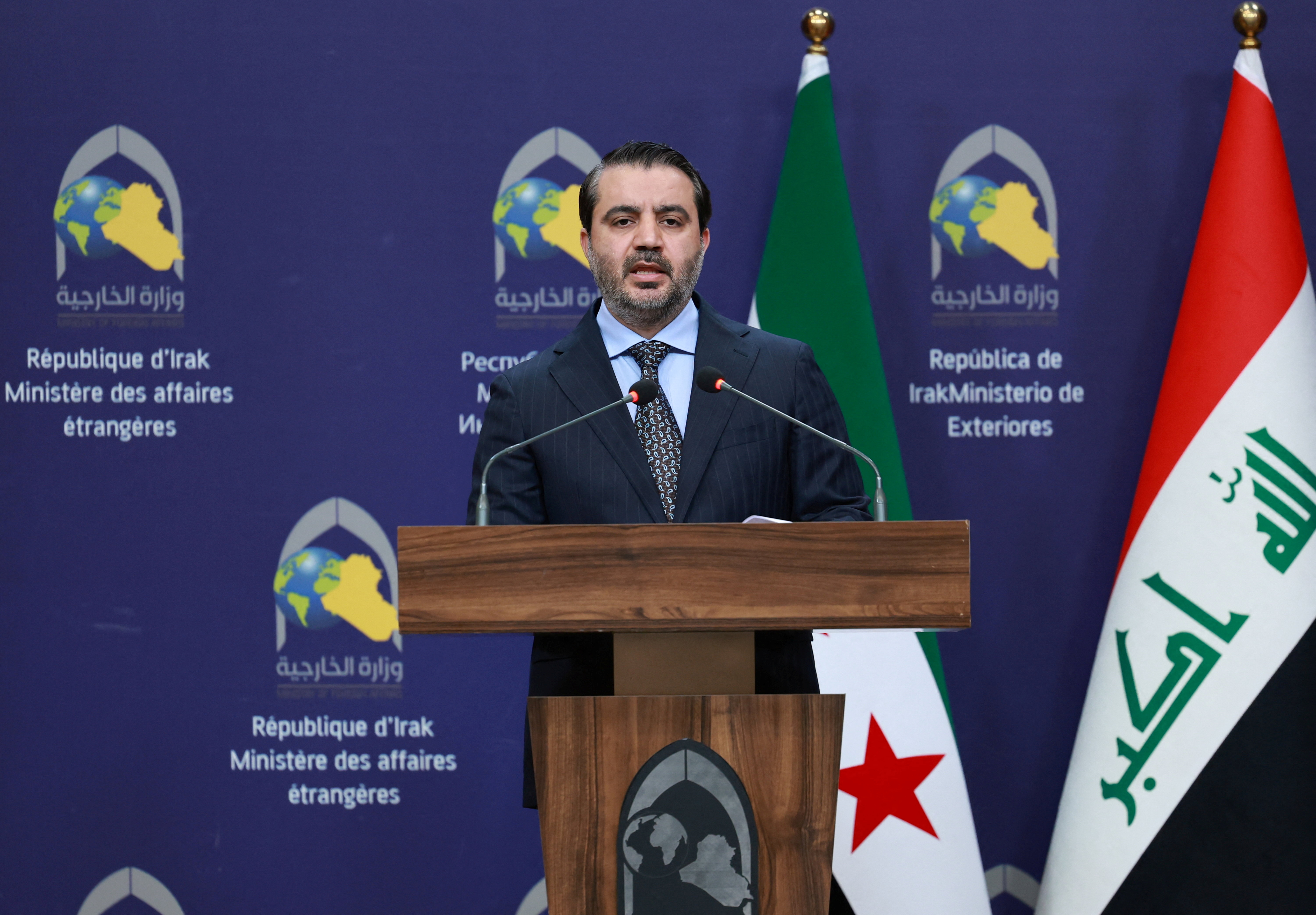The geopolitical chess game involving Syria takes a shocking turn as the United States prepares to lift long-standing sanctions on Hay"at Tahrir al-Sham (HTS) and its interim President, Ahmed al-Sharaa. This decision, motivated by a blend of economic opportunism and strategic repositioning, could reshape the landscape of Middle Eastern politics and humanitarian aid.
US Sanctions Removal Aims at Economic Rebuilding
According to a White House report, President Trump signed an executive order on June 30, 2025, ending sanctions that have been in place since 2014. The sanctions had a devastating impact on Syria"s economy, crippling its ability to rebuild after years of war. By lifting these sanctions, the US government claims it aims to open the door for American businesses and aid organizations to assist in the reconstruction of a country that has suffered immeasurably.
Concerns Over Radicalization Remain
The United Nations has raised significant concerns about the ideological connections between HTS and Al Qaeda, despite a report indicating no active ties as of this year. As reported by Reuters, tactical-level members of HTS are believed to harbor extreme views, potentially destabilizing the region further. This creates a complex dilemma for US policymakers, who may be trading short-term economic gains for long-term security risks.
\n\n
Syria: Ahmed Al-Sharaa Named as the President for Transitional Phase | World DNA | WION News
Global Implications of US Policy Shift
The lifting of sanctions is not without its diplomatic hurdles. The US will face opposition from major players like China and Russia, both of which are deeply concerned about the presence of foreign fighters in Syria and the implications of HTS"s rise to power. As noted by China"s U.N. Ambassador, the Syrian interim authorities must fulfill their counter-terrorism obligations or risk further alienation from the international community. The Congressional Research Service underscores that navigating these diplomatic waters will be fraught with challenges.
Potential for Economic Exploitation
The economic motivations behind these policy changes are glaring. By facilitating the lifting of sanctions, the US government is not just signaling a willingness to engage with a controversial regime but also opening the floodgates for American companies to exploit the rebuilding of Syria. The potential for profit, however, comes at the cost of sidelining grassroots movements that advocate for genuine democratic reforms. State Department officials argue that this is a strategic necessity, but it raises ethical questions about who truly benefits from this new economic landscape.
\n\n
EU conference pledges $6.3 billion for Syria"s recovery | Reuters
Humanitarian Challenges Persist
The humanitarian situation in Syria continues to deteriorate, with millions still displaced and in urgent need of assistance. Aid organizations warn that lifting sanctions without addressing the core issues of governance and human rights could exacerbate the suffering of the Syrian people. The UN has reported alarming figures, with over 798 deaths occurring near Gaza aid hubs in just six weeks. Instead of focusing solely on military and economic strategies, it is crucial to ensure that humanitarian needs are met and that any rebuilding efforts are inclusive and equitable.
The US"s pivot towards HTS, while couched in the language of aiding recovery, risks perpetuating cycles of violence and marginalization, particularly for those who have borne the brunt of the conflict. The implications of these decisions will resonate far beyond Syria"s borders, potentially influencing global counter-terrorism strategies and humanitarian policies for years to come.


![[Video] Heavy clashes and gunfire reported in Baghdad, Iraq](/_next/image?url=%2Fapi%2Fimage%2Fthumbnails%2Fthumbnail-1768342239932-848qsh-thumbnail.jpg&w=3840&q=75)




![[Video] Gunfire between Iraqi security forces and Sadr militias in Baghdad](/_next/image?url=%2Fapi%2Fimage%2Fthumbnails%2Fthumbnail-1768343508874-4redb-thumbnail.jpg&w=3840&q=75)
